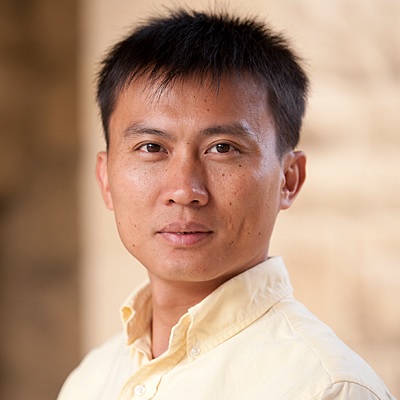
Image: Yi Cui Lab
The Blavatnik Family Foundation and the New York Academy of Sciences today announced the 2017 Laureates of the Blavatnik National Awards for Young Scientists. Starting with a pool of 308 nominees – the most promising scientific researchers aged 42 years and younger nominated by America’s top academic and research institutions – a distinguished jury first narrowed their selections to 30 finalists, and then to three outstanding Laureates, one each from the disciplines of life sciences, chemistry, and physical sciences and engineering. Each Laureate will receive $250,000 – the largest unrestricted award of its kind for early career scientists and engineers.
ECS member Yi Cui was one of three awarded the 2017 Balvatnik National Award for Young Scientists.
Cui is a professor of materials science and engineering and of photon science at the Department of Energy’s SLAC National Accelerator Laboratory. He is a member of ECS’s Battery Division and the San Francisco Section. Cui is being honored by the Balvatnik Family Foundation for his technological innovations in the use of nanomaterials for environmental protection and the development of sustainable energy sources.
“Professor Cui is a world-leading researcher in the fields of energy and nanomaterials science who is making extraordinary contributions to these important areas of technology,” says David Awschalom, member of the 2017 national award jury. “His approach towards achieving the goals of efficient storage and conversion of energy by exploiting precise nanoscale materials design is extremely creative, and is already having a global impact.”


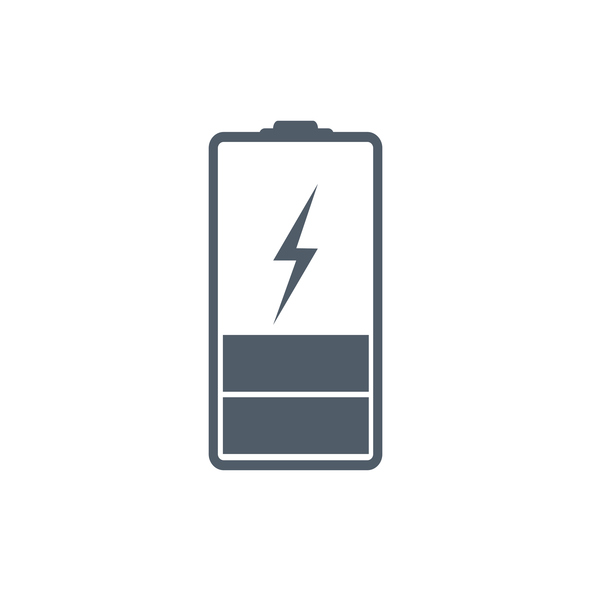 In an effort to develop a more affordable, plentiful alternative to lithium-ion batteries, researchers from Purdue University are pursuing rechargeable potassium based batteries, demonstrating a way to derive carbon for battery electrodes from old tires.
In an effort to develop a more affordable, plentiful alternative to lithium-ion batteries, researchers from Purdue University are pursuing rechargeable potassium based batteries, demonstrating a way to derive carbon for battery electrodes from old tires.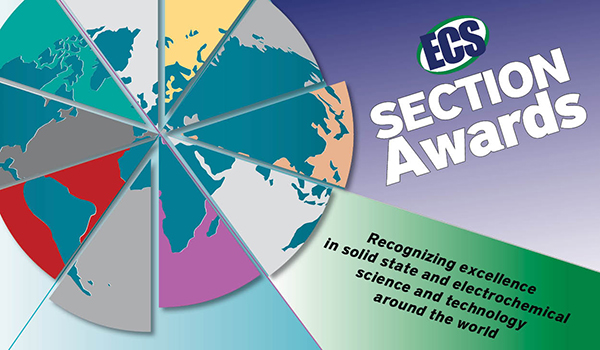
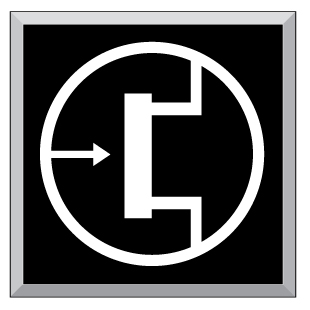 Nomination Deadline: August 1, 2017
Nomination Deadline: August 1, 2017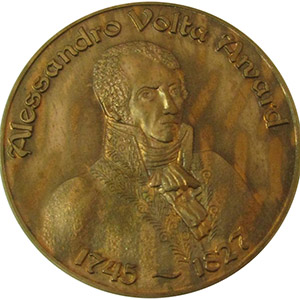 Nomination Deadline: September 1, 2017
Nomination Deadline: September 1, 2017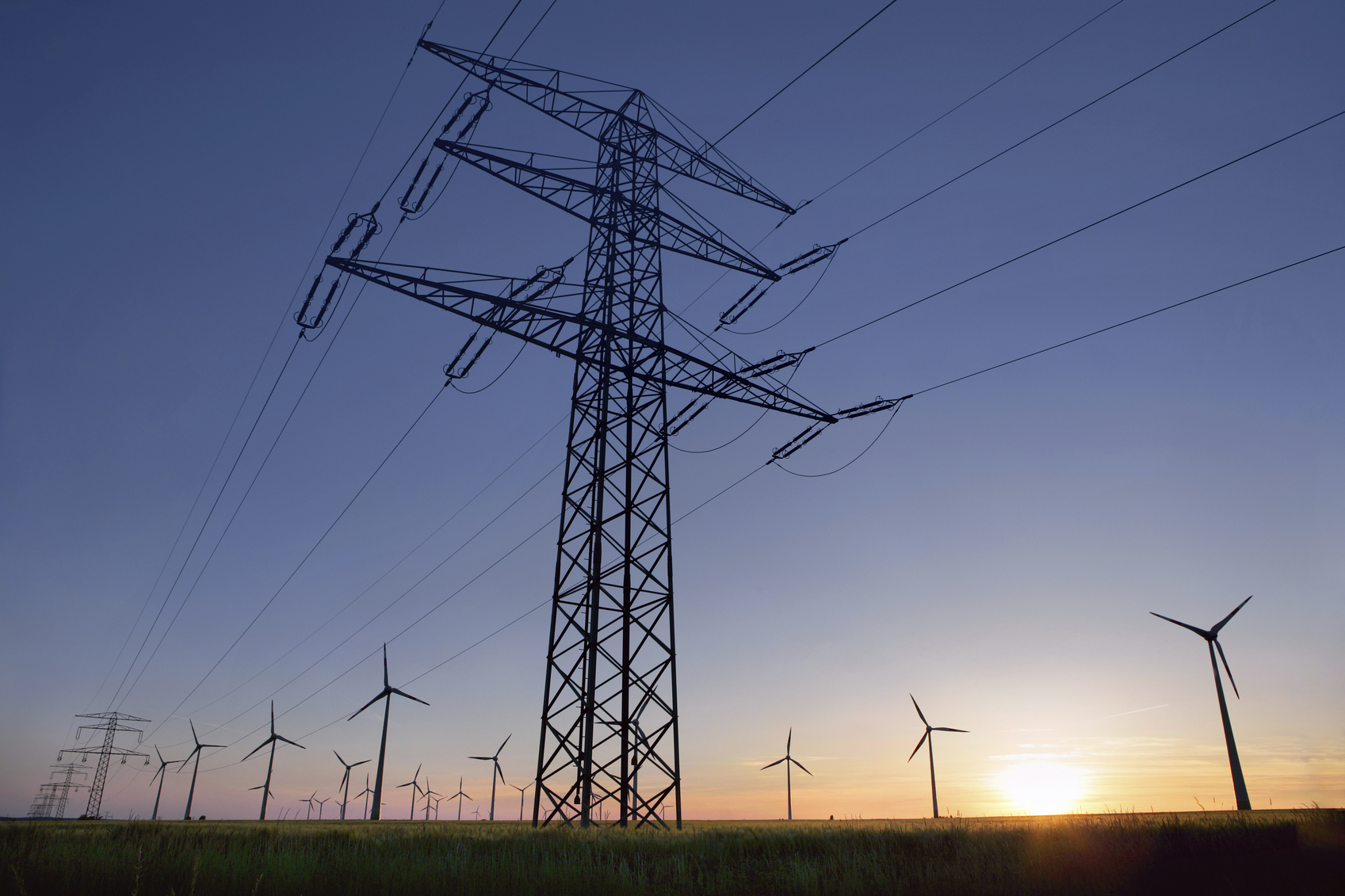 Science is messy, but it doesn’t have to be dirty.
Science is messy, but it doesn’t have to be dirty.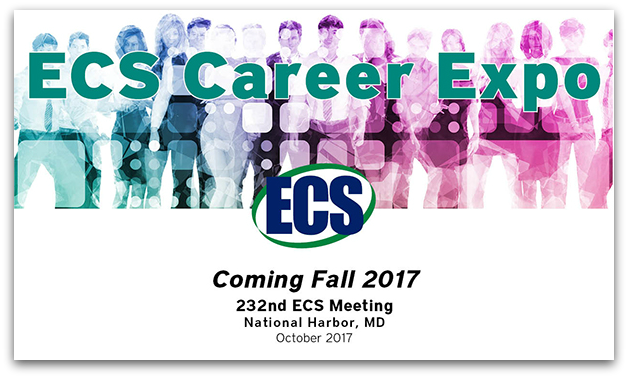
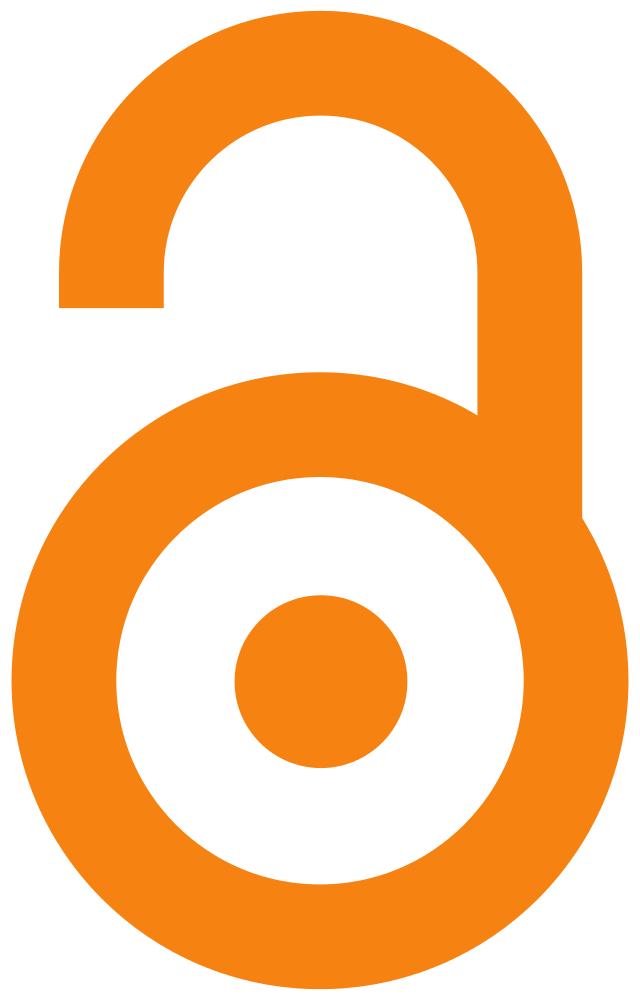 On June 21, publishing giant Elsevier won a legal judgement against websites like Sci-Hub, which illicitly offer access to over 60 million academic articles. The court ruled in Elsevier’s favor, awarding the publisher $15 million in damages for copyright infringement.
On June 21, publishing giant Elsevier won a legal judgement against websites like Sci-Hub, which illicitly offer access to over 60 million academic articles. The court ruled in Elsevier’s favor, awarding the publisher $15 million in damages for copyright infringement.